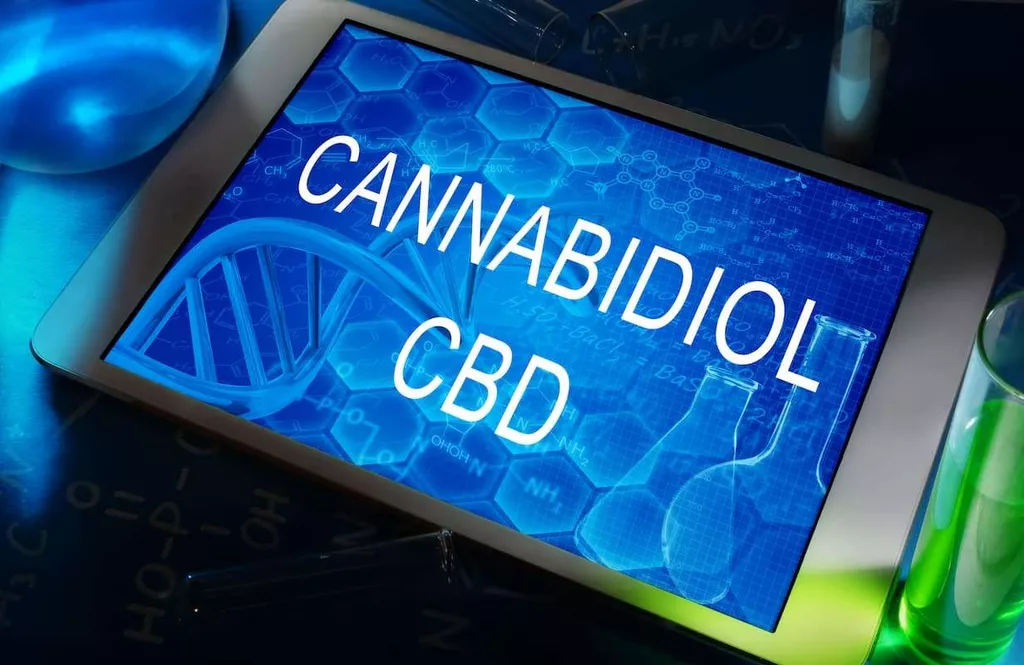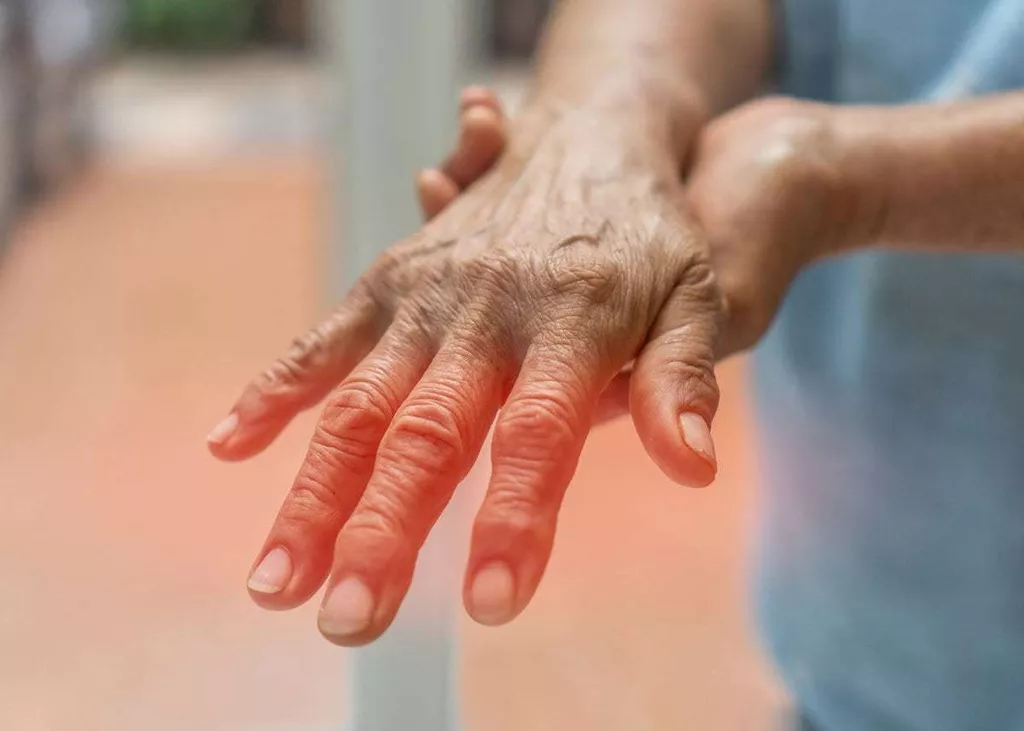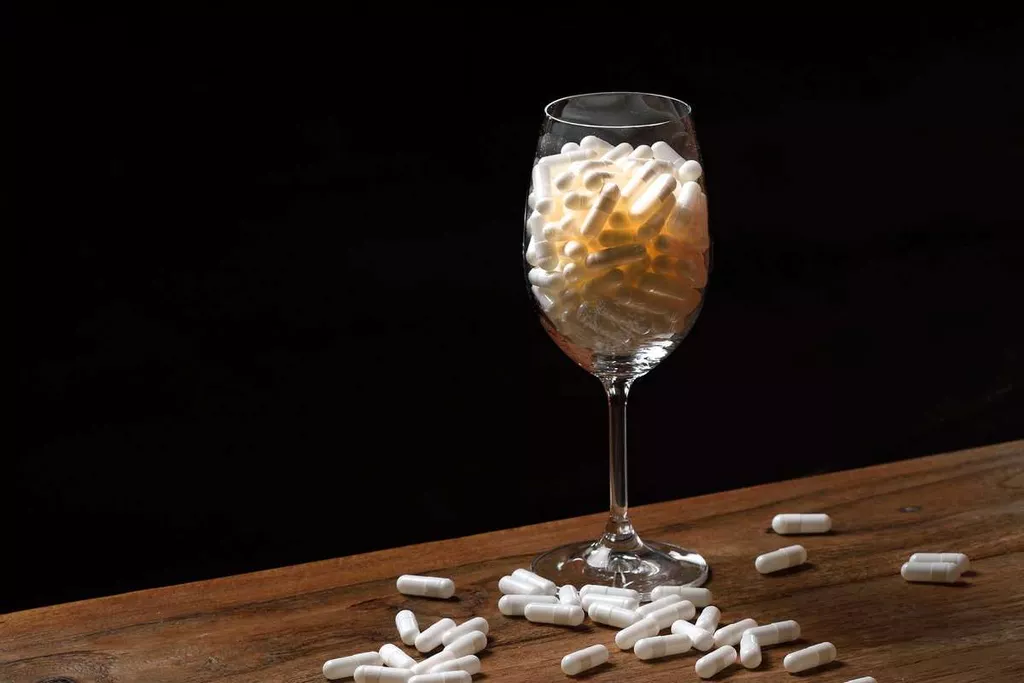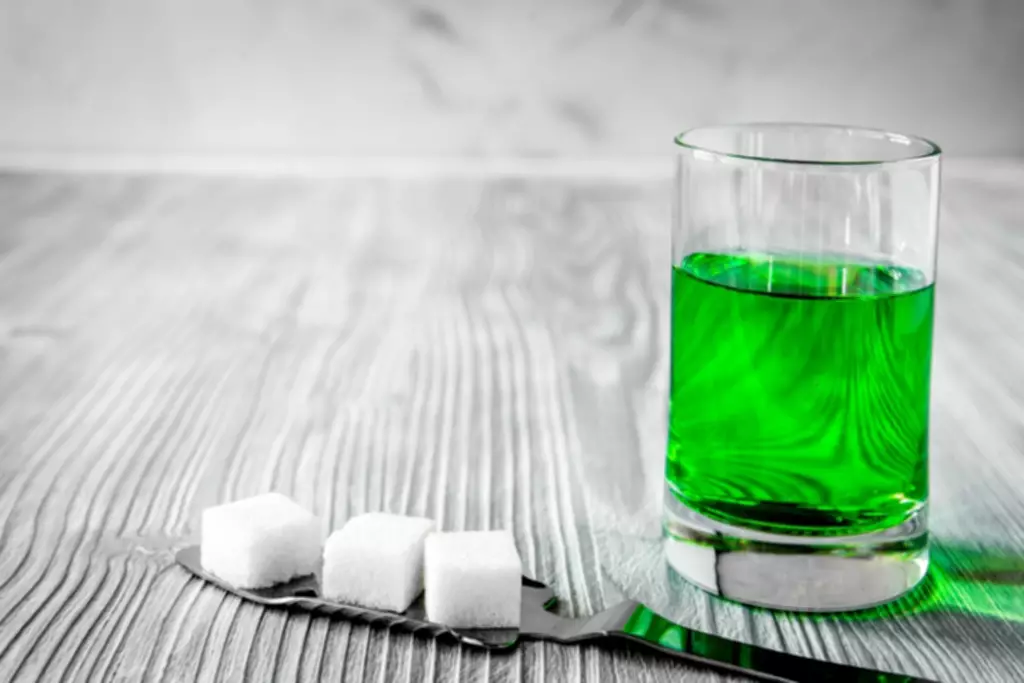
McMahon says quitting alcohol might cause some sleep disturbances or insomnia initially, but sleep quality and quantity will improve with continued abstinence. “Proper sleep helps us maintain physical, mental and emotional health, so it’s an important consideration,” she says. “When you quit drinking, your immune system gets a much-needed boost,” says Andrews. Your body can allocate its resources more effectively to fight off infections, making you less prone to common colds, flu and other ailments, she says. That heightened immunity can mean fewer sick days, increased energy levels and an overall improved sense of well-being, adds Andrews. Whilst physical withdrawal symptoms are likely to be at their worst during the first couple of days and are usually very much improved in a couple of weeks, emotional issues may remain for longer.

Tips for Quitting Drinking
Even as you experience withdrawal, positive changes are happening behind the scenes. When you’re ready to reach out, please call us any time of day or night at to speak to a knowledgeable and compassionate admissions navigator. We can help you understand how to choose a rehab facility and using health insurance to pay for rehab, and quickly verify your insurance. When someone drinks too much too fast, they didn’t just get “too drunk”— they experienced an overdose. Since alcohol is often made with inflammatory ingredients such as sugar and wheat—and mixed drinks often include added sugars—a sober stretch can help you avoid these additional inflammation triggers, too. Drinking can send your hormones into a frenzy—it impacts our endocrine system, which allows our body to respond appropriately and cope with changes in our environments.
You’ll lose weight
In 2019, adults aged 16 to 24 were most likely to be teetotal, with 26% saying they never drink. That’s especially true for those who drink large amounts for long periods of time. One reason for the improved moods is that your dopamine levels normalize after going sober. When you abuse alcohol, your brain’s dopamine receptors get overloaded and numbed, leading to feelings of sadness and even hopelessness that take more and more alcohol to “fix.”
The Kindling Effect: Why Quitting Alcohol Gets Harder Every Time

And for women, more than three drinks on any day or more than seven drinks per week. The three- to five-week period is also when sugar cravings brought on by the lack of alcohol tend to subside, Johnson adds. And, assuming you haven’t indulged those craving the past few weeks, you could find your clothes fit a bit looser. Johnson insists it’s impossible to put a timeline on weight loss since everyone’s diet, metabolism, and activity levels are different. That said, it’s common for people to drop a few pounds at this juncture. Now, having that many drinks over the course of seven days doesn’t mean you’re an alcoholic (though it can put you at risk of developing a dependency).

- Other signs and symptoms may include fever, rapid heart rate, elevated blood pressure, dilated pupils, sweating or chills, nausea and vomiting.
- Although it can help some people fall asleep, alcohol is known to significantly impact someone’s quality of sleep.
- You might think that a regular glass of red wine or other alcoholic beverages might be good for your heart.
- Drinking alcohol can raise blood pressure and increase cardiac workload.
- Over time, large amounts of alcohol blunt your immune system and your body’s ability to repair itself.
- On top of those mostly empty calories, alcohol ramps up your appetite.
Many sober people say they experience a boost in self-esteem, and improved mental clarity. Sleep patterns stabilise resulting in more consistent and restorative sleep, which alone can have a significant impact on our long-term health. The million dollar question, of course, is exactly how much alcohol is problematic? All of the experts we spoke agree what happens when you stop drinking that there’s no well-delineated tipping point. Dr. Golberg echoes these sentiments, noting that genetics also play a role when it comes to how alcohol consumption impacts both someone’s overall health and skin. Through studying functional MRIs, Berman and her team also determined that women had an increased response to emotional stimuli compared to control subjects.
You’ll also see fewer wrinkles, less puffiness and an elimination of red blotches. Premature skin aging will subside, and if you have dandruff or eczema, they too may disappear. Your mood and concentration should improve, because when your brain is well hydrated, it functions better. Hany says that once you stop drinking, you may initially find it more difficult to fall asleep. Your sleep, he says, will be restored gradually during the first four weeks, but after that you’ll sleep more deeply and wake up more rested. You’ll start to see real benefits after six months or so of abstaining from alcohol.
What Is Sober Curious?
- If you fall into the category of heavy drinker (as so many of us do), then your first week may go a bit differently.
- For many drinkers, the novelty of sobriety has worn off after the first 24 hours.
- However, when you stop drinking, your risk of developing these diseases decreases.
- Since alcohol is often made with inflammatory ingredients such as sugar and wheat—and mixed drinks often include added sugars—a sober stretch can help you avoid these additional inflammation triggers, too.
- Alcohol consumption has been linked to several cognitive problems, such as poor memory, sluggish reaction times, trouble controlling impulses, and difficulty focusing.
He is the co-chair of the LA County Department of Health Services HIV Best Practices Committee and member of the LA County Department of Health Services Substance Use Disorder work group. Dr. Belani is currently a member of the Society of General Internal Medicine and American Academy of HIV Medicine. And as a central nervous system depressant, alcohol can worsen mental health conditions such as depression, anxiety and panic disorder, says McMahon.
- From weight loss to better sleep, the long-term and short-term side effects can be noticeable.
- Ironically, the negative emotions you may have wanted to initially suppress when you drink may become heightened.
- Another reason a person who’s been drinking alcohol may fall asleep quickly and then be awake during the wee hours may be the alcohol’s negative effect on the GABA neurotransmitter.

Alcohol depletes the body of essential vitamins and nutrients that are vital for hair health—like biotin, zinc, and folic acid. Biotin supports keratin production, zinc helps maintain healthy oil glands, and folic acid facilitates cell turnover and the regeneration of hair follicles. Among the many ways that alcohol can suppress the immune system, booze can negatively impact the balance of the gut microbiota. Poor gut health and microbiota imbalance can ultimately weaken one aspect of how our body protects us from illness.
Studies have shown that pairing alcohol with a meal can slow down digestion while the overproduction of gastric acid can irritate the stomach. At The Recovery Village Kansas City, our goal is to empower you with the tools, knowledge and support you need to reclaim a healthier, happier life free from what is alcoholism alcohol. Whether you experience inpatient, intensive outpatient, or partial hospitalization programming here at Sequoia, you’ll get to experience holistic and integrative treatment. Discover the signs and symptoms of high-functioning alcoholism and how it can be treated. Alcohol causes changes in the body that can also contribute to weight gain. It slows metabolism, stimulates appetite, and increases cortisol, a hormone that promotes fat storage and weight gain.
